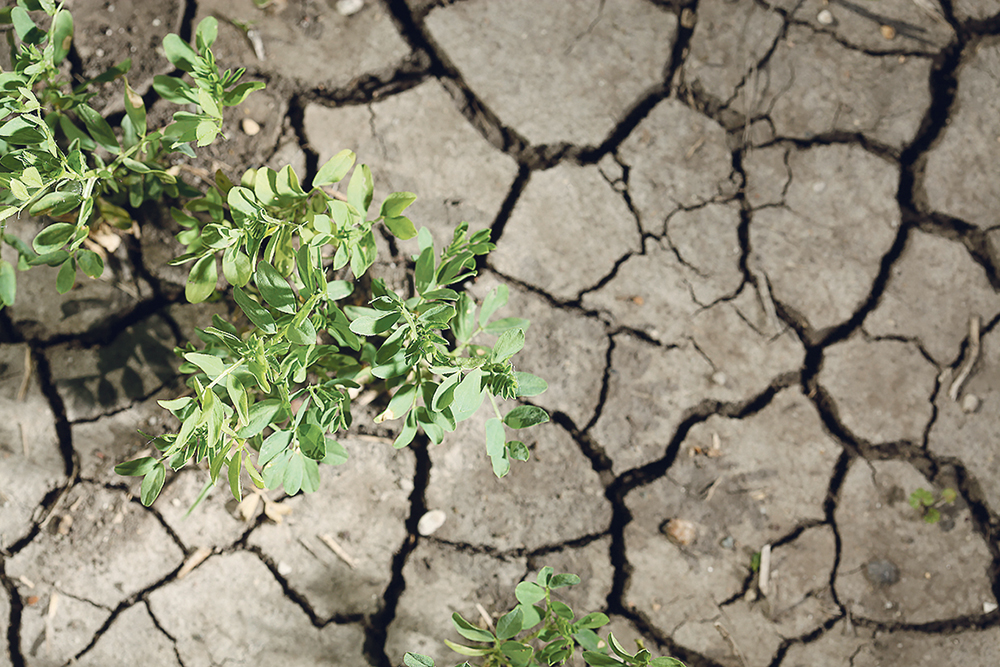Attendees of a recent United Nations event hint that a heightened focus on agriculture and climate change is coming.
Held in Rome as well as virtually, the UN Food System Pre-Summit acted as a precursor to the main event scheduled in September.
Simply put, the objective of attendees is to launch new strategies to help deliver on international development goals, such as creating a healthier planet and ending world hunger.
Action plans to transform food systems are expected to be developed, ultimately resulting in domestic policy changes that could very well impact Canadian producers.
Read Also

Budget seen as fairly solid, but worrying cracks appear
The reaction from the agriculture industry to prime minister Mark Carney’s first budget handed down November 4th has been largely positive.
It’s unclear where this is all heading, but leading up to the pre-summit, and during the event’s three days, agricultural impacts on climate change were a major focus.
Interest in the subject intensified weeks before the event after the United States announced its creation of the Agriculture for Innovation Mission for Climate (AIM for Climate).
A partnership with the United Arab Emirates that is supported by other countries (Canada isn’t among them, at least not yet), AIM for Climate is being funded to “increase and accelerate global research and development on agriculture and food systems in support of climate action.”
European Union members came to the talks enthusiastic to fulfil the Green Deal and “Farm to Fork” strategies that, among other measures, call for a reduction in pesticide use by 50 percent and more organic farming.
Many other countries discussed climate change as a concern when addressing delegates.
It has also featured prominently in discussions domestically leading up to the summit.
A series of dialogues held over 2019 and 2020 attempted to dispense with individual silos and put every member of Canada’s food value chain at the same table to find a way to create a better system.
As a result, benchmarks are being developed — a sustainability index — to allow Canada’s food system to be measured better against global competitors.
Environmental impacts will be included in that benchmarking.
During pre-taped remarks, agriculture minister Marie Claude Bibeau spoke about other work being done in Canada, telling delegates, “we are investing in new technologies and farming practices to advance the use of regenerative agriculture and water conservation.”
This year’s federal budget also made substantial investments in green policies aimed at agriculture.
It is clear the upcoming summit in September will bring further attention to the role agriculture plays in climate change.
The domestic policies that result, and potential impacts for producers, remain to be seen.
















